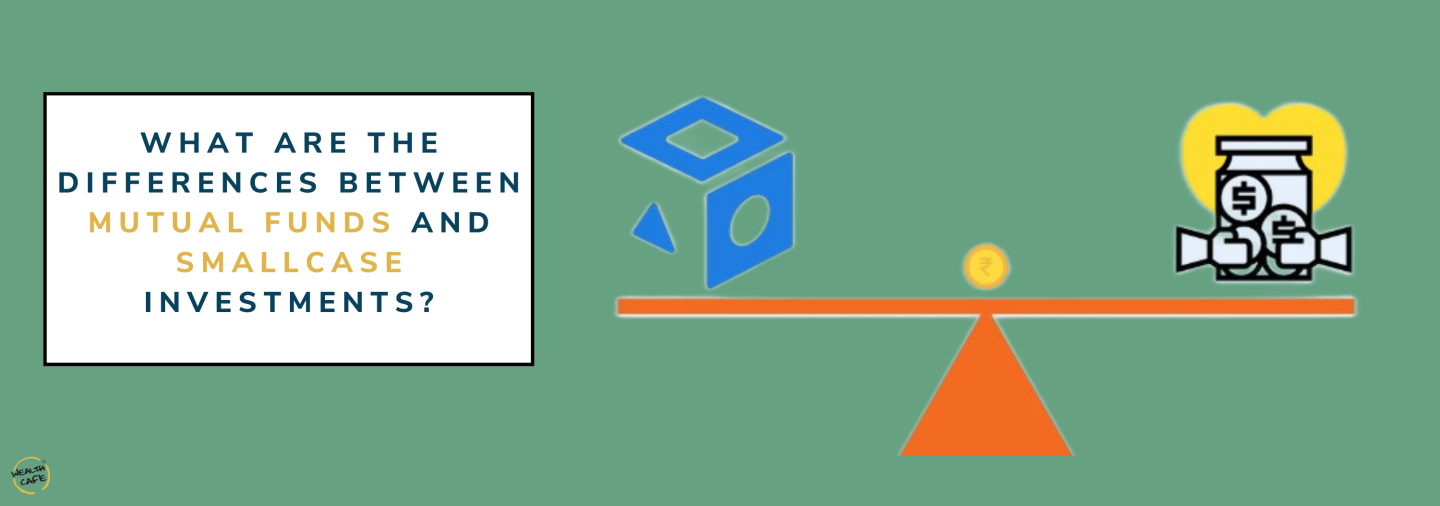As an investor if you want to invest in equity, you have 2 options- you either invest directly via stock market or through equity based mutual funds. A small case is a new and exciting product for retail investors that offers portfolio diversification as an in-built feature.
What is a smallcase?
The new term ‘smallcase’ is something that is catching on with digitally savvy investors.
It is essentially a basket of stocks or ETFs, curated around a specific theme, or a specific investing style. For example Rising Rural Demand - Companies that stand to benefit from increasing rural consumption, IT Tracker- Companies to efficiently track and invest in the IT sector, etc
Under this platform, an investor can either create their own model investment portfolio, also termed as smallcase, or choose from the several existing ones which are created and managed by SEBI (Securities and Exchange Board of India) registered entities. All one needs to begin investing is a trading account and a demat account.
So again, back to the basic question, how is this any different from a mutual fund?
Smallcase portfolios often get compared with mutual funds. While the two are similar in that they both minimize risk through diversification, there are some of the prominent differences too.
Check our course- NM 104: Basics of Mutual Funds - to learn more about Mutual Funds in detail.
| Mutual Fund | Small Case |
| When you invest in a Mutual Fund, you buy units and not the individual stocks | You buy the stock rather than units |
| Managed by mutual fund managers of the respective fund house | Managed by different entities including research firms, financial planners, etc |
| Predominantly have categorized based on fund size | Smallcase portfolio is built on the theme or idea |
| Mutual funds have an expense ratio | The cost would vary from broker to broker. They can be a little on a higher side as compared to mutual funds. |
| Only the fund manager has the authority to update your fund and add or remove stocks | Flexible as it allows you to update your smallcase portfolio and add or remove stocks |
| Some mutual funds preclude investors from exiting their investments for a certain period of time | No lock-in periods |
| Some mutual funds preclude investors from exiting their investments for a certain period of time | Needs a higher capital for investing. Since you are directly investing in shares, you will have to buy each unit of them, and to create diversification takes much of your capital |
| Mutual funds are managed by experts they have a lower risk | Smallcase comes with a higher risk |
| There are some mutual funds that are termed ELSS (Equity Linked Saving Schemes) which can give you some tax benefits. | There is no tax benefit |
Wealth Cafe Advice:
Mutual funds can be preferred for investors who are not from a financial background and want to give all the control to a third party to manage the money on their behalf.
Smallcase on the other hand can be useful for someone who’s with some financial intelligence and understands the technical jargon of the market
However, You need to have a long-term view towards investing if you want to put your money in smallcases.



